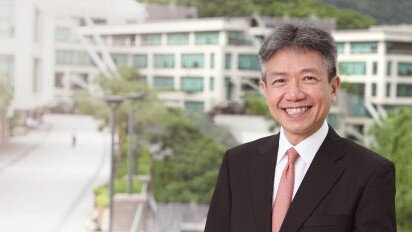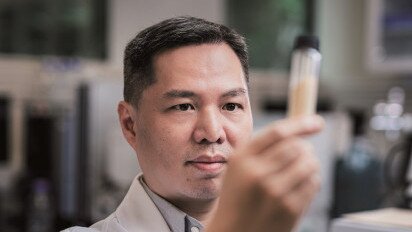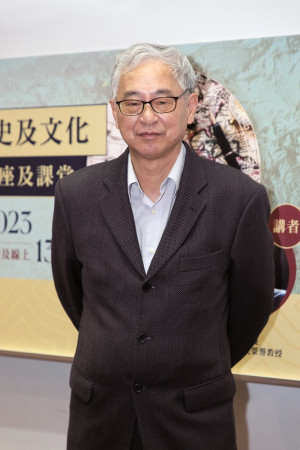
Professor Ge Zhaoguang, the University’s Doctor of Humanities, honoris causa, has been appointed Honorary Professor by EdUHK. In this interview, this widely-acclaimed historian shares his insight into the study of Chinese history from a global perspective.
Embracing the world with roots in China
Professor Ge is a professor of the Department of History as well as the founding Dean of the National Institute for Advanced Humanistic Studies of Fudan University. In analysing thousands of years of Chinese history, he often likens his role to a Daifu, a doctor taking a pulse and making a diagnosis accordingly. A proponent of studying China “from its periphery”, this doctor has prescribed “a dose of open-mindedness, to embrace multiple schools of thought” and “going beyond established mindsets.”
Professor Ge’s “diversified” historical perspectives emerged in the 1980s, when China was undergoing economic reform and opening up to the rest of the world. During his time at Peking University, where he specialised in classical literature, he engaged in extensive reading of literary texts, philosophy and history. He subsequently published a number of best-selling books, elaborating on his thoughts on the need to go beyond what he calls ‘Sinocentric’ historical perspectives.
Professor Ge explains that the Chinese people have regarded their dynasties as the centre of the world since ancient times, with the belief that Hua Xia culture was superior to those of peripheral states. This Sinocentric mindset, according to Professor Ge, has remained intact amidst the waves of culture clashes with the outside world throughout different periods of history. It can be traced back to the Southern Song dynasty, when the Chinese began to recognise the vastness of the world they were coming into contact with through flourishing trade. In the Ming and Qing dynasties, there was frequent association with merchants and missionaries from overseas, who brought with them treasures and new religious ideals. Superior armaments were also demonstrated by the Western powers during their ‘Scramble for Concessions’ in China in the 19th century. Nevertheless, the way the Chinese viewed the world remained entrenched.
Professor Ge claims that this Sinocentric worldview still prevails in modern China, adding that, to some extent, there exists a gap in the understanding of the world. In light of this, he stresses the importance of forming a more holistic worldview through education, and shaping the younger generations as “global citizens with roots in China”. He adds, “There is no conflict between embracing world civilisation, and preserving and promoting Chinese culture.”
History is more than memorising facts
Professor Ge says reflections on historical trends can help us understand the present. He is against the idea of teaching history in a monotonous or dogmatic manner. He laments the general over-emphasis on memorisation, which he says prevents students from enjoying learning Chinese history. He concludes by referring to his Daifu analogy, saying that historians need to “identify the causes of a state’s good or bad health.” As a humanities scholar, Professor Ge also practises what he preaches by caring deeply about life, society and his connection with the world.
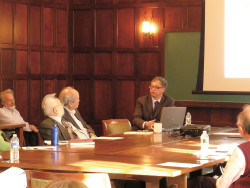
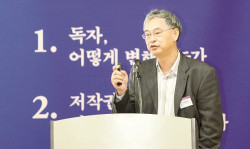
Lecturing around the world
Professor Ge was a visiting scholar and adjunct professor at Princeton University, in the US, Kyoto University and Tokyo University, in Japan, and Katholieke Universiteit Leuven, in Belgium, among others. He values the chance to live and lecture in different parts of the world. He says that meeting with scholars and students in different countries and exchanging ideas is very important to him. “We would be ignorant and narrow-minded if we were to study completely on our own,” he says.



